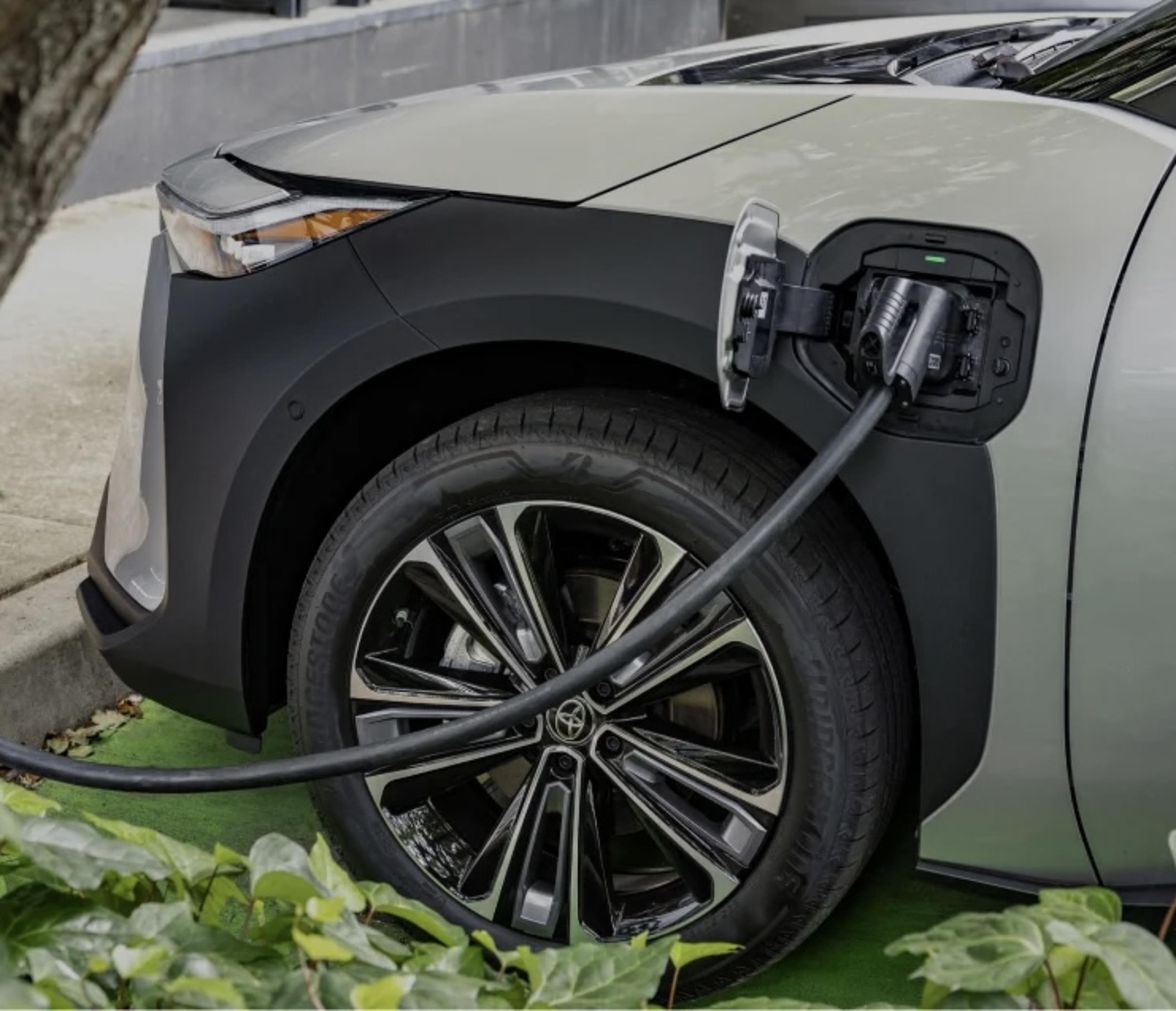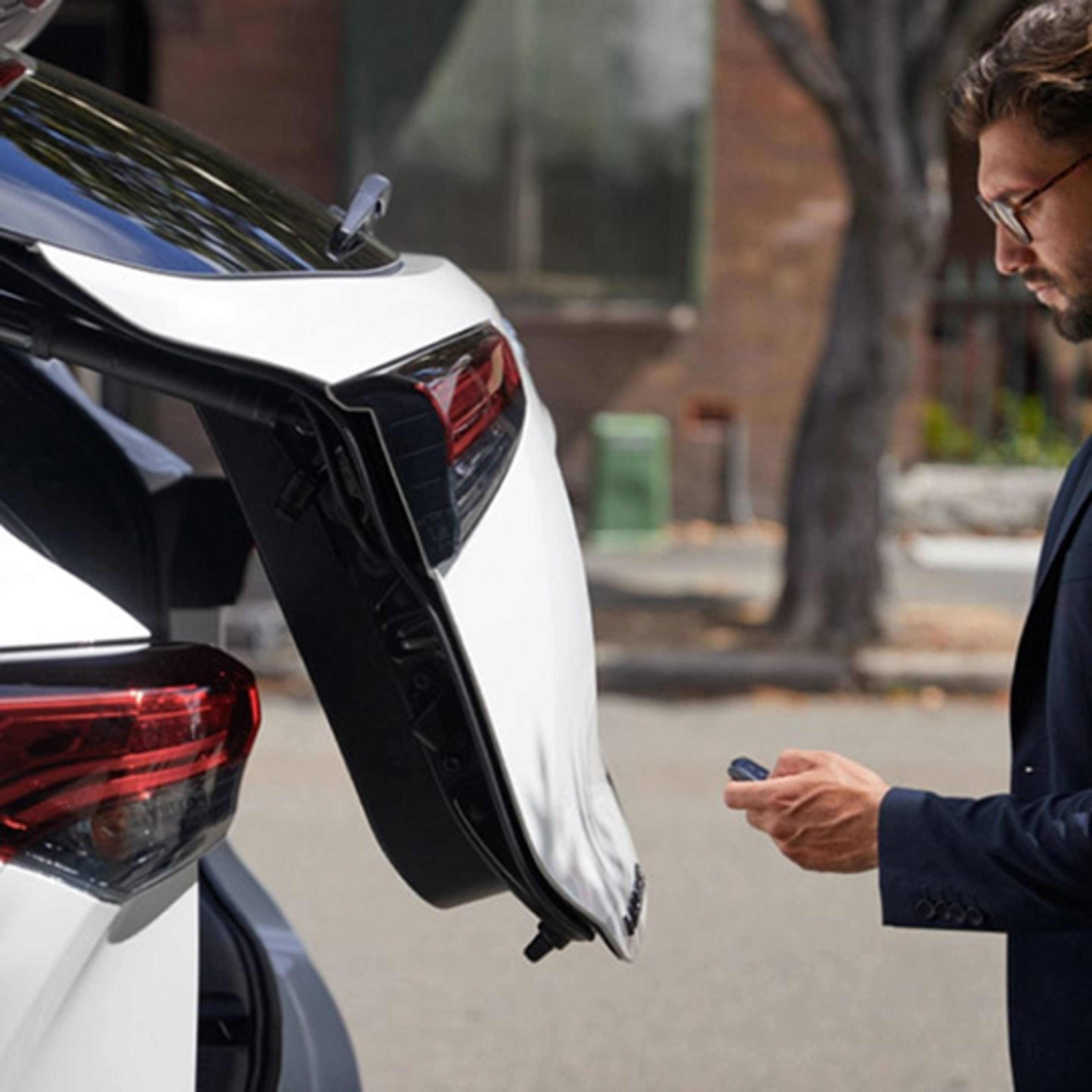Drive Your Business Forward with Electric Vehicles

An EV Guide for Small & Medium Enterprises (SMEs)
Why EVs Make Sense for Your Business
Lower Operating Costs
• EVs are significantly cheaper to run, with electricity costing less per kilometre than petrol or diesel.
Government Incentives
• Eligible EVs under $89,332 (excl. GST) can be salary packaged with zero FBT, creating a win-win for both employers and staff.
• Various states offer registration discounts and stamp duty exemptions.
Environmental Impact & Brand Value
• Transitioning to EVs supports your business’s sustainability goals.
• Customers increasingly favour businesses taking climate action.
Charging Infrastructure for SMEs

At-Work Charging
• Consider installing charging stations for staff and fleet vehicles.
• Federal and state funding may help subsidise installation.
Public Charging
• Leverage Australia’s growing public charging network for employees on the road.
• Platforms like PlugShare or Chargefox help drivers plan routes with chargers.
EV Financing & Leasing Options

Operating Leases & Novated Leasing
• Reduce upfront costs and preserve working capital.
• Employees can lease EVs through salary sacrifice with tax benefits under the EV FBT exemption.
Green Loans
• Some banks and lenders offer low-interest finance specifically for EVs and charging infrastructure.
How to Start the Transition

Assess Your Needs
• How many vehicles? What distances do they travel? What’s your average payload?
• Identify roles that could switch to EVs immediately.

Set a Budget & Consider Incentives
• Factor in whole-of-life costs, not just purchase price.

Trial an EV
• Start with one EV to gauge how it fits your operations.

Communicate the Shift
• Let your customers and team know why you’re going electric—it boosts buy-in and reputation.
EV FAQs for Business Owners
Q: How long does it take to charge an EV?
Q: Can I claim depreciation and running costs?
Q: What if I rent or share business premises?

Future-Proofing Your Business
Electric mobility is here to stay. With fuel prices rising and environmental compliance increasing, early adopters of EVs will gain a competitive edge.
Novated Leasing - A Win-Win for Employers & Employees
Novated leasing is one of the most cost-effective ways to get behind the wheel of an EV—especially for employees of small and medium businesses.
What is Novated Leasing?
A novated lease is a three-way agreement between:
• Employee (driver)
• Employer (payroll deduction facilitator)
• Finance company (leases the car)
The employee chooses the car, and the employer deducts the lease and running costs from their pre-tax salary—significantly reducing their taxable income.
Why It’s Great for EVs
Thanks to Federal Government EV incentives, eligible EVs (up to $89,332 excluding GST) attract zero. Fringe Benefits Tax (FBT) when novated. That means:
• No FBT liability for the business
• Lower lease costs for the employee
• More take-home pay compared to buying the car outright
What’s Included in a Novated Lease?
• Lease repayments
• Insurance
• Servicing and tyres
• Registration
• Charging costs (in some packages)
All bundled into a single, predictable monthly deduction.
Benefits for Employers
• Offer a valuable, cost-neutral employee benefit
• No risk of vehicle ownership
• Enhances your employee value proposition (EVP)
• Aligns with your sustainability strategy
Example: How It Works
Sophie, a project manager earning $90,000/year, leases a Toyota bZ4X under novated lease. She saves $8,000+ per year in tax and running costs compared to buying privately.
Next Steps for Businesses

Talk to a novated lease provider
(e.g. Toyota Fleet Management, SG Fleet, RemServ)

Promote it internally
Especially if you’re already offering salary packaging

Help employees compare savings
Using novated lease calculators